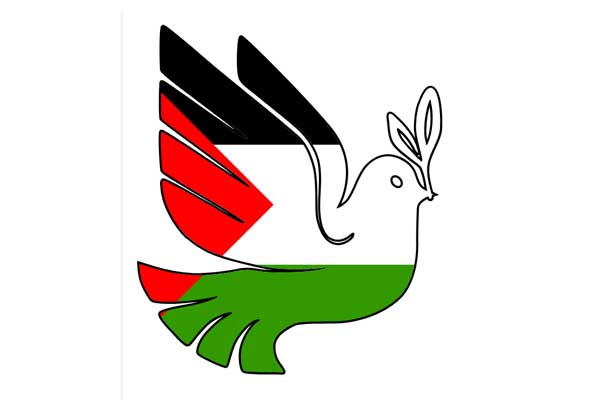In July 2024, during the EASA conference in Barcelona, a group of EASA members presented a motion concerning collaborations with Israeli academic institutions. The motion addressed ongoing systematic human rights violations in Palestine, Israeli war crimes, crimes against humanity and plausible genocide committed in the Gaza strip, calling on EASA to suspend collaborations with Israeli academic institutions. Following a public vote by raise of hands which overwhelmingly supported moving the motion to vote, the EASA exec decided to subject the motion to a digital vote. In November 2024, 1455 members, representing 44.5%—the highest voter turnout in EASA history—voted as follows: 1137 (78%) in favour, 253 (17%) against, and 65 (4.5%) abstaining.
In July 2025, the EASA Executive Committee, in consultation with the Working Group on Human Rights and Academic Freedom, published implementation guidelines to give effect to the spirit and intent of the motion. The motion targets institutional collaborations but does not target individuals, even those based at Israeli institutions. In this regard, it cannot be considered discriminatory. As the EASA Executive Committee, we are fully committed to fighting against all forms of racism, including anti-Palestinian racism, Islamophobia, and antisemitism, and will strive to make EASA democratic and free for all kinds of difference in line with the true ethics of anthropology.
The motion is intended as a form of non-violent action congruent with other forms of pressure that have succeeded, in the past, the overturn of unjust regimes such as South African apartheid. EASA takes pride in having been one of the first academic institutions to lead the way, and was recently mentioned in a Guardian article which describes the growing adoption of pressure tactics among departments, universities, and academic institutions to achieve an end to the genocide in Palestine. In doing so, we brought anthropology back in the public eye as a discipline committed to justice, and enhanced its relevance in public debate on topics that accrue interest beyond our scholarship.
Scholars who would like to comply with this motion but face persecution and repression in their home institutions and national contexts should reach out to the EASA Executive Committee and the Working Group on Human Rights and Academic Freedom. They will advise on a case-by-case basis on the best course of action to a) support compliance with the spirit of the motion and b) minimise individual risks and dangers for scholars under pressure to accept collaborations with Israeli academic institutions. For legal support, scholars in challenging situations are advised to consider reaching out to the European Legal Support Center.
